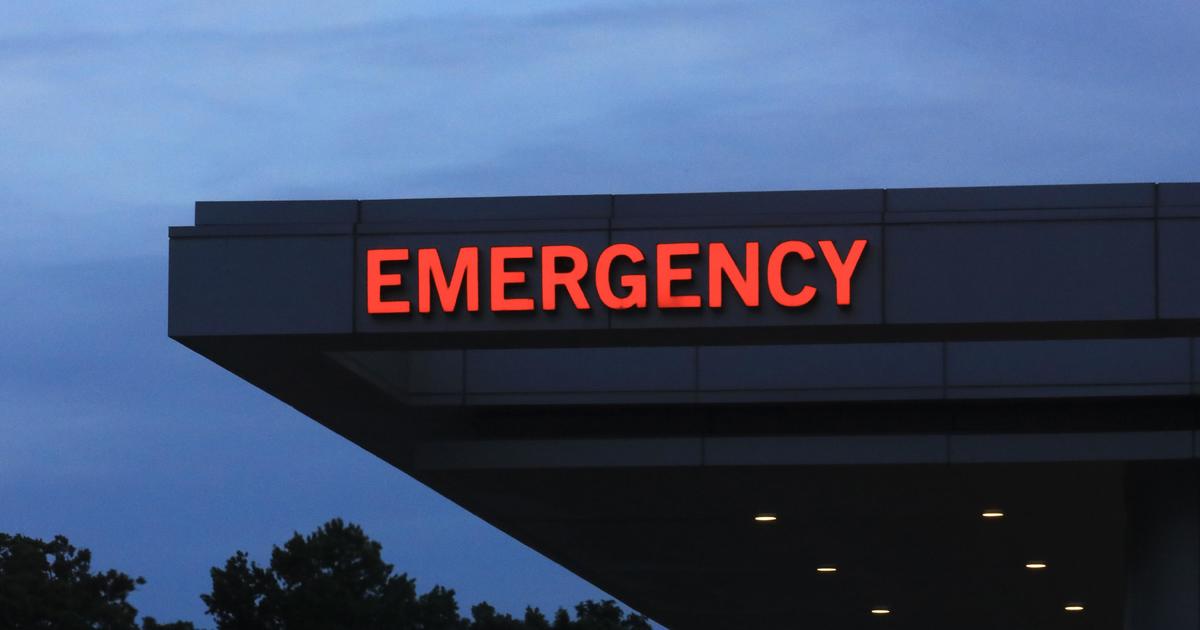Brown Testifies On Health Reform Legislation
ANNAPOLIS, Md. (AP) -- Lt. Gov. Anthony Brown and state health officials on Wednesday outlined some of the final steps in a three-year effort to create a health benefit exchange in Maryland as part of the federal health care overhaul.
Brown, who has been working on health care legislation for Gov. Martin O'Malley's administration, testified on a bill to create a funding source to pay for the state's health benefit exchange. The exchange is a new insurance market that will offer residents a choice of private health plans. The measure would pay for it by using money from an existing 2 percent tax on insurance plans that are state regulated.
The measure also includes an expansion of Medicaid to give more poor people access to government care. The federal health care law gives states the option to accept the expansion, refuse it, or postpone a decision. The federal government will pay the entire cost of the expansion in the first three years and 90 percent after that.
"We'll ensure that 108,000 more of our most vulnerable residents will secure coverage through Medicaid in the first year, that 147,000 low-income Marylanders will obtain affordable coverage through the exchange in the first year and will ensure that all Marylanders will benefit from the ban on pre-existing-condition exclusions and other consumer protections afforded through the Affordable Care Act," Brown told the House Health and Government Operations Committee.
Maryland has about 740,000 uninsured residents.
While the exchange is on track to be up and running by Jan. 1 with federal help in the first year, the state would begin paying the entire $30 million cost of the exchange in 2015, said Maryland Department of Health and Mental Hygiene Secretary Joshua Sharfstein.
Sharfstein said more people will be buying health plans under the overhaul, so more money will be coming in from the 2 percent tax on insurance plans.
"There's more revenue that will be coming in," Sharfstein said. "That's what makes it a natural funding source."
The Medicaid expansion is estimated to cost roughly $30 million as well, Sharfstein said.
The measure would expand Medicaid eligibility to 133 percent of the federal poverty line, compared to the current 124 percent. The 133 percent level is an amount equivalent to about $29,327 for a family of four. People formerly in foster care would be eligible for Medicaid up to the age of 26, under the bill.
The legislation also includes provisions to ease the transition for enrollees of the Maryland Health Insurance Plan into the exchange.
Policies would be put in place to promote continuity of care for people who switch insurance policies and move in and out of Medicaid and commercial insurance, under the bill.
Maryland approved legislation in 2011 and 2012 to create the policy and operational framework of the exchange with stakeholders across the state. The measure before lawmakers this year addresses how to pay for it. The state expects its exchange, which is called the Maryland Health Connection, to begin enrolling people for coverage in October.
Maryland will have a statewide network of people to help provide education and information as well as application and enrollment assistance to those who need it. Maryland Health Connection is slated to open a call center in July in advance of open enrollment to help residents and small businesses by providing translation services, help for the disabled and customer service.
(Copyright 2013 by The Associated Press. All Rights Reserved.)



